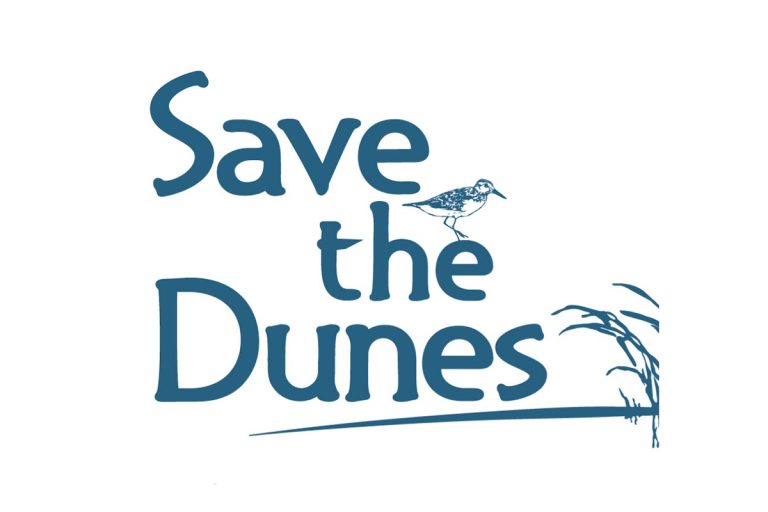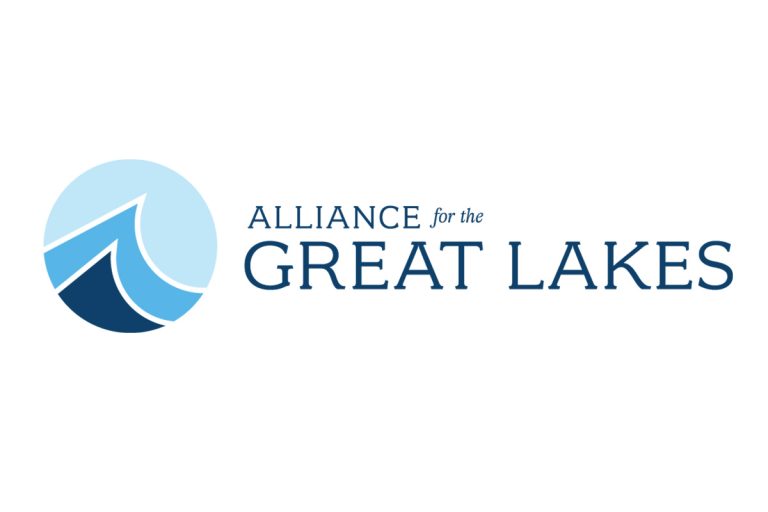Protecting freshwater ecosystems and the public's right to nature
In the 2018 Gunderson case, the Indiana Supreme Court agreed with CLC and its clients Save the Dunes and Alliance for the Great Lakes, affirming that Indiana has always held the land below Lake Michigan’s natural ordinary high water mark in trust for its citizens.
In 2020, the Indiana Legislature passed a law codifying Hoosiers’ vested right to enjoy the natural scenic beauty (defined as “conditions produced by nature without manmade additions or alterations”) and natural resources of Lake Michigan, and to use the Lake for recreational purposes. The law also recognizes that “the citizens of Indiana have a vested right in the preservation and protection of Lake Michigan.”
With Save the Dunes as our client, CLC is working to ensure that these important laws are being implemented and enforced along our precious Lake Michigan shoreline. Click here to learn more.
Why We Work to Defend the Public Trust
Protecting Public Access
The public trust doctrine is a legal principle that requires the government to protect certain natural resources, such as Indiana’s Lake Michigan shoreline, for the use and enjoyment of all Hoosiers.
Preserving Unique Ecosystems
The doctrine's protection extends beyond public access rights. It also serves to safeguard precious ecosystems and wildlife from harmful development. Lake Michigan's shoreline, home to abundant biodiversity and unique dune ecosystems, relies on the public trust for protection.
Promoting the Interests of Future Generations
CLC advocates to ensure that our public trust laws are enforced, and our shared public trust waters and shores are stewarded responsibly, so that future generations will also be able to exercise their vested rights to enjoy them in the years to come.
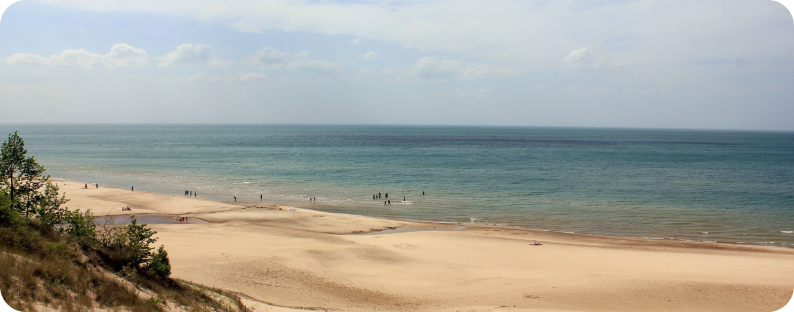
Programs & Publications
PuBliCATION
Gunderson v. State
Services
Legal Advocacy
More about the Public Trust Doctrine
In Indiana, an owner of land that borders Lake Michigan does not have the exclusive right to use the water or land below the ordinary high water mark of Lake Michigan.
The citizens of Indiana have a vested right to:
(1) enjoy the natural scenic beauty of Lake Michigan;
(2) enjoy and use the natural resources of Lake Michigan; and
(3) use Lake Michigan for recreational purposes including walking, fishing, boating, swimming.
Ind. Code § 14-26-2.1-4
The Ordinary High Water Mark is defined as,
the line on the bank or shore of Lake Michigan that is:
(1) established by the fluctuations of water; and
(2) indicated by physical characteristics, including:
(A) a clear and natural line impressed on the shore;
(B) shelving;
(C) changes in character of soils;
(D) the destruction of terrestrial vegetation; and
(E) the presence of litter or debris.
Ind. Code § 14-26-2.1-2
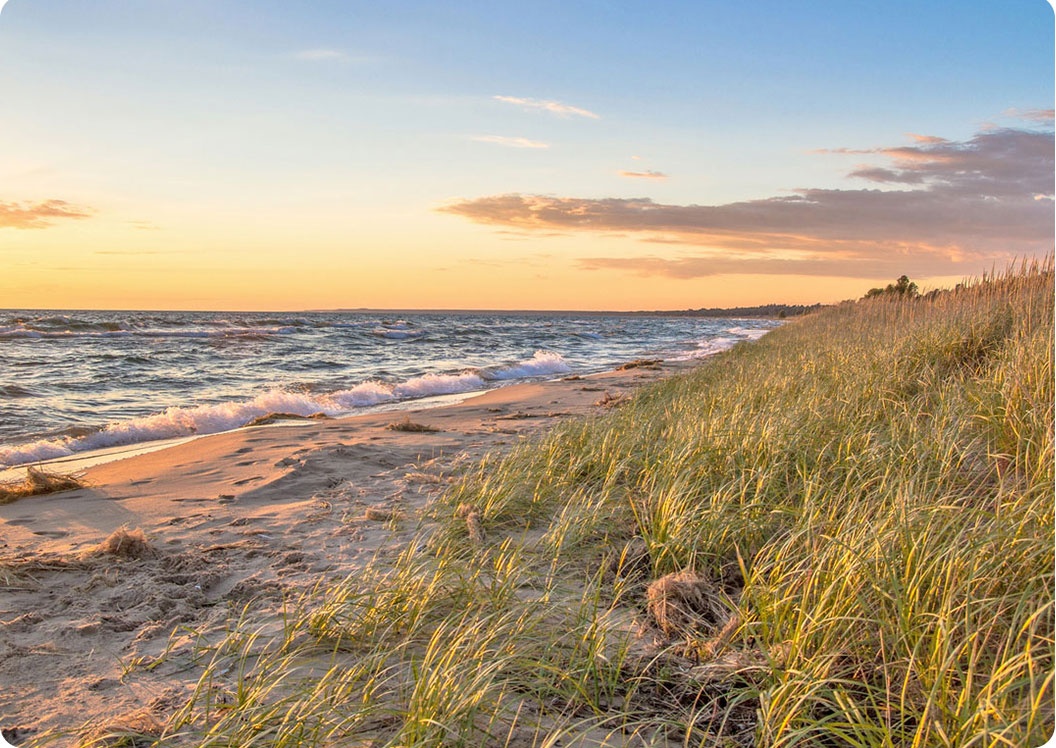
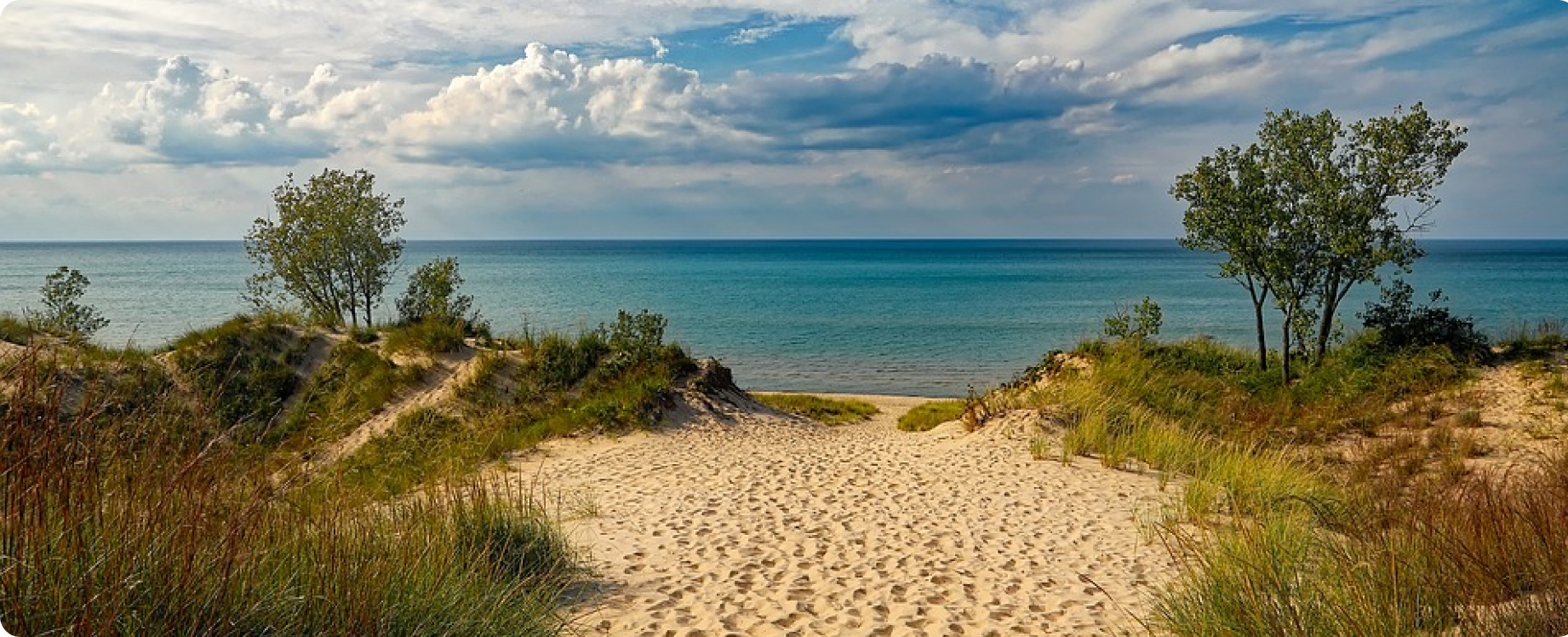
Maintaining Public Access to Lake Michigan Beaches
Safeguarding Public Trust Rights on Lake Michigan
Victory: CLC wins at Indiana Supreme Court for the right for environmental orgs to represent their members in litigation
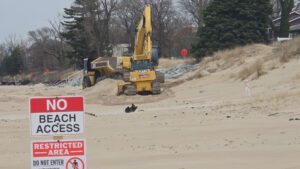
Town of Ogden Dunes Abandons Plan to Build a Stone Revetment Along Lake Michigan’s Shoreline
After nearly two years of hard-fought litigation brought by Save the Dunes, the Town of Ogden Dunes announced it has “abandoned [its] project” to build
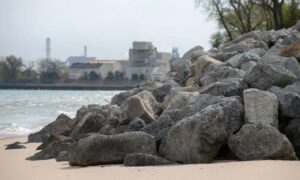
Drawing a line in the sand: Ogden Dunes, state and federal agencies and preservation group differ
When Ogden Dunes began hardening the shoreline against Lake Michigan’s attacks, Save the Dunes drew a line in the sand. So did the Indiana Department
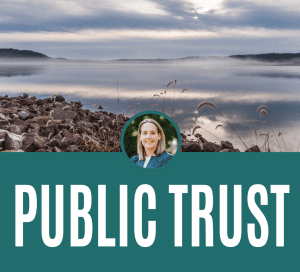
Interview with Kacey Cook, Constance and Terry Marbach Conservation Attorney
Kacey’s career path in environmental law was charted during her time as a student in CLC’s Conservation Law Clinic at the IU Maurer School of
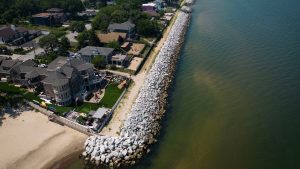
Public interest vs. private homes: Climate change and erosion fuel disputes along Lake Michigan’s shoreline
Steve Coombs’ lakefront home used to quake when waves crashed along Ogden Dunes’ receding shoreline. “At one point, my wife said, ‘Should we just move

Possible Ogden Dunes revetment sparks debate
ODGEN DUNES — The possible construction of an armor stone revetment in Ogden Dunes has been challenged by the non-profit group Save the Dunes.
The
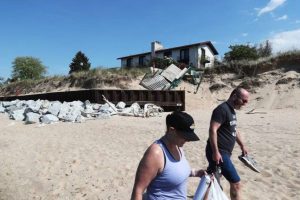
Environmentalists oppose extension of Ogden Dunes revetment along Lake Michigan shoreline
A little more than three years ago, Lake Michigan was at its highest level in more than 30 years, and waves dashed up against the



